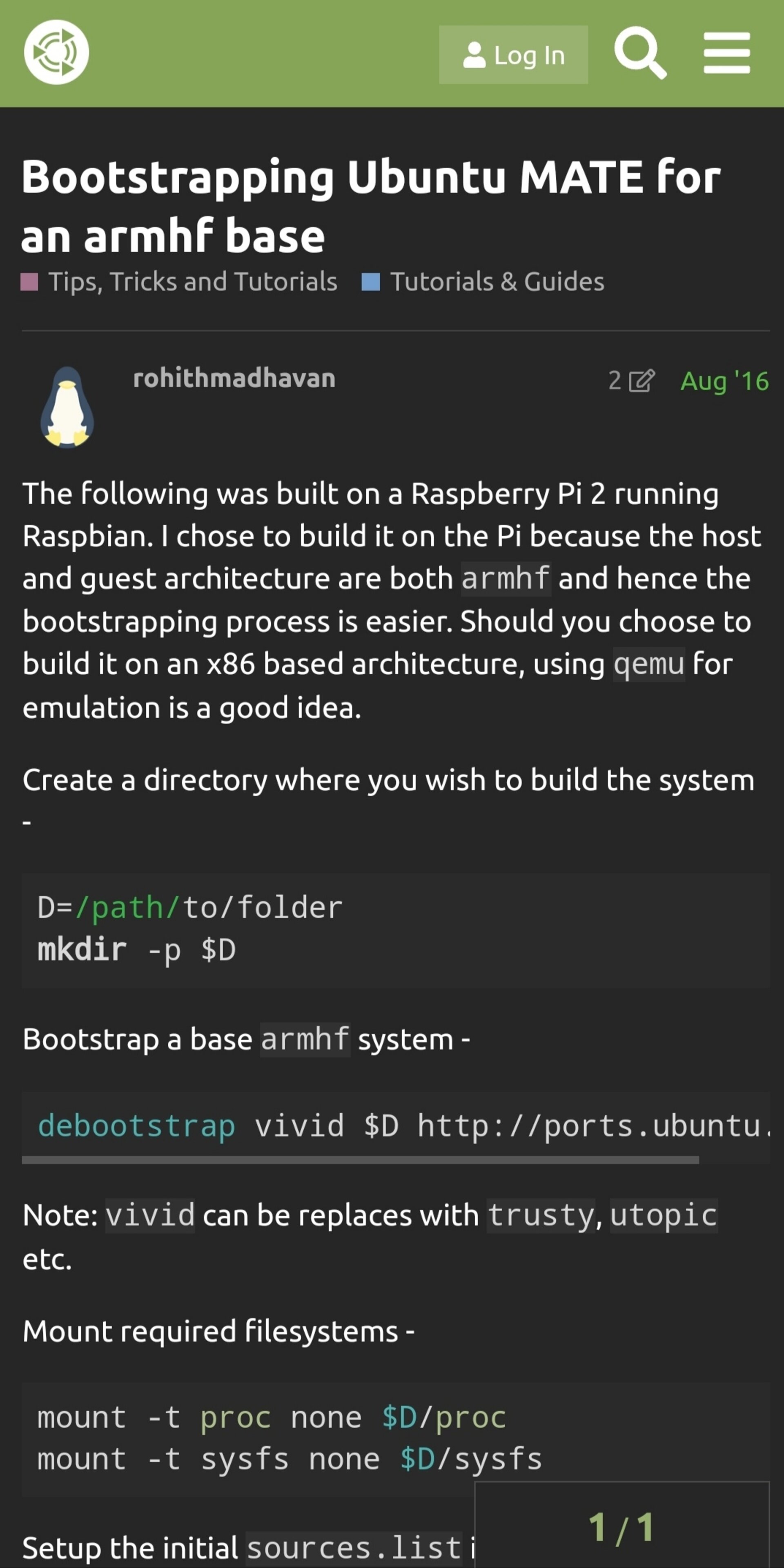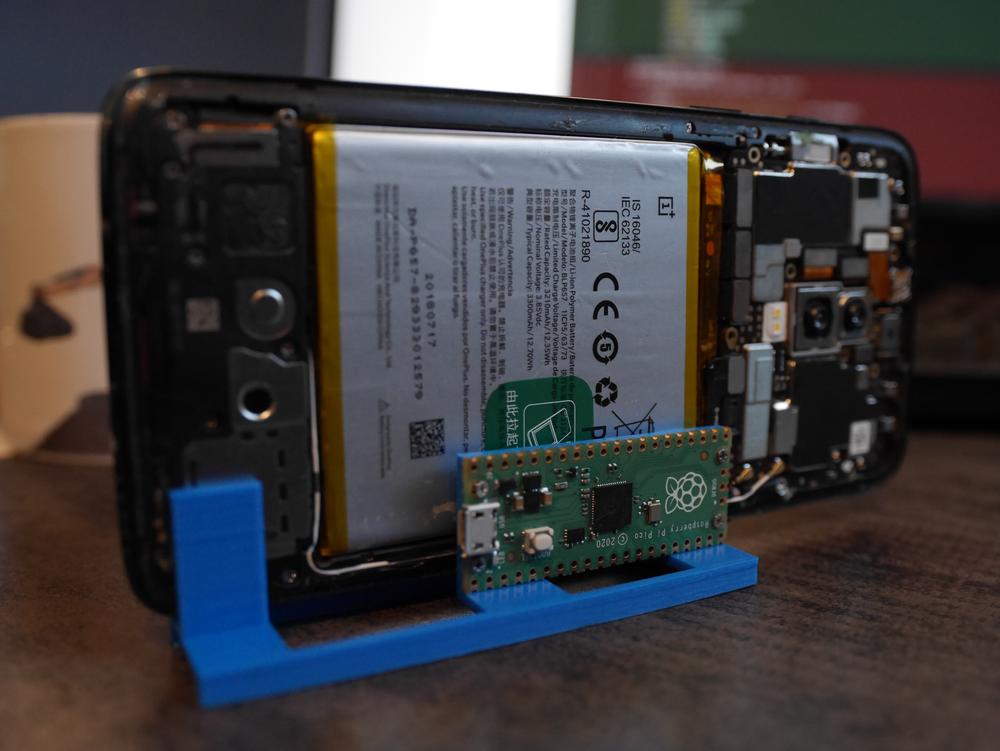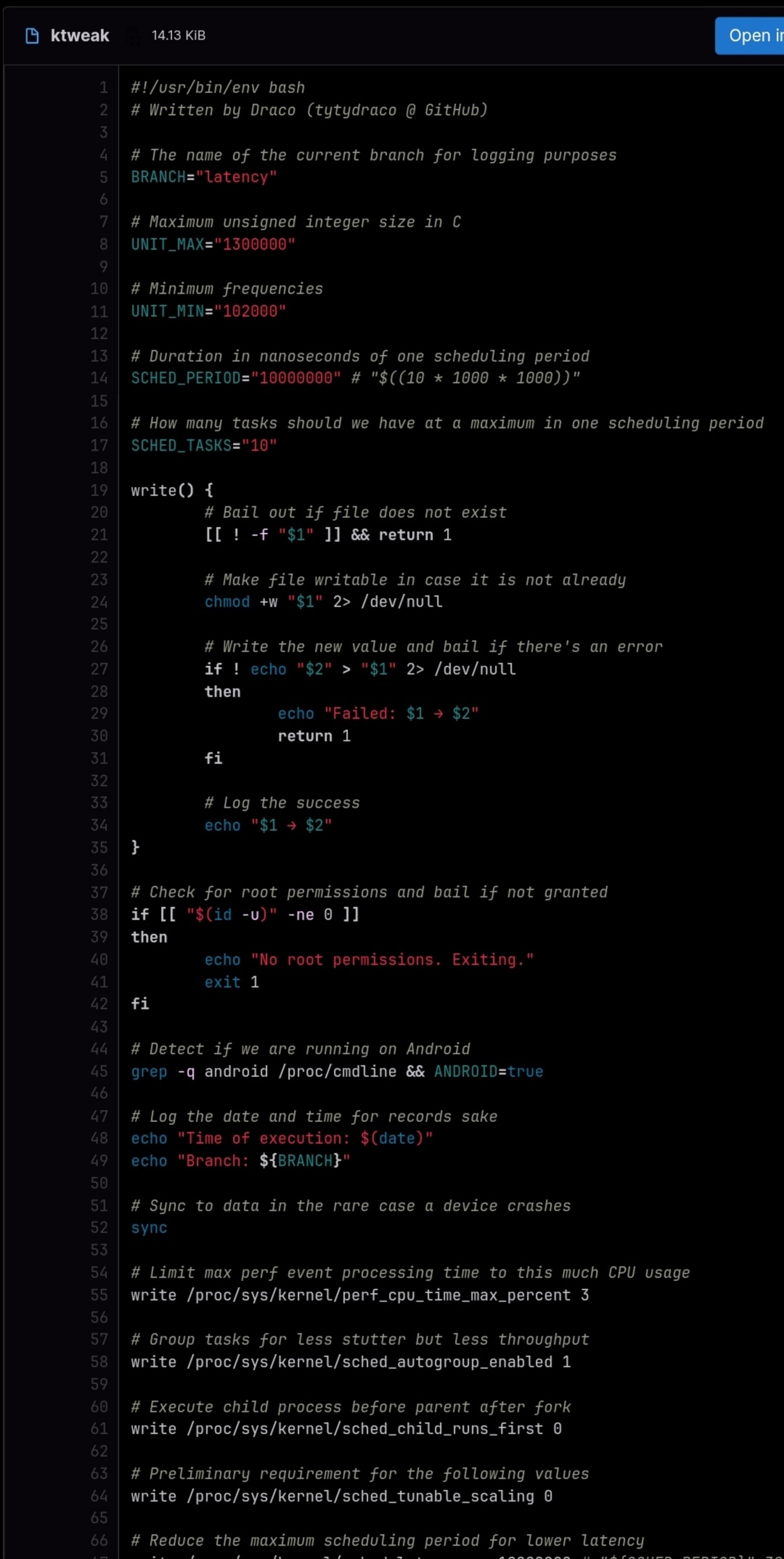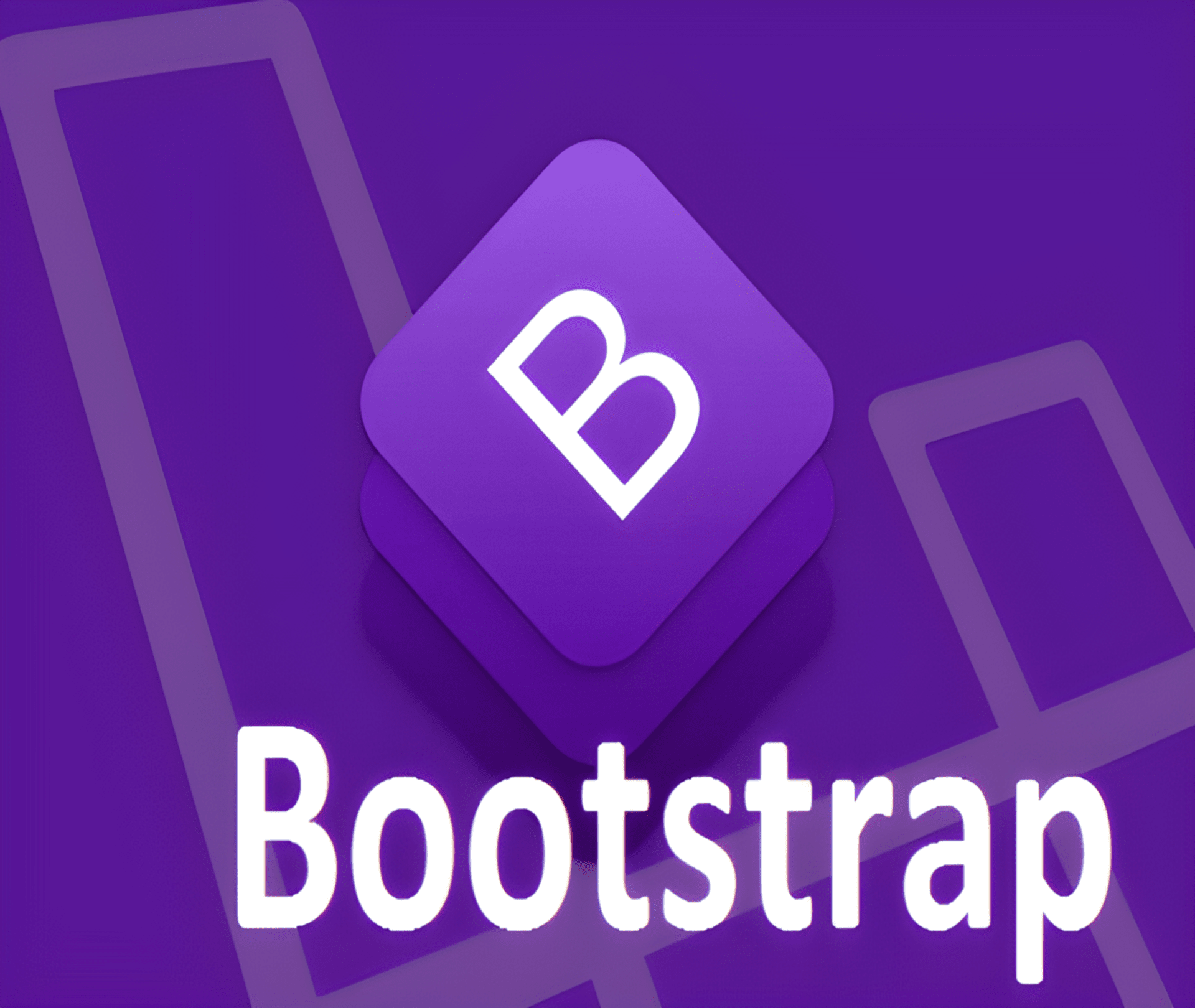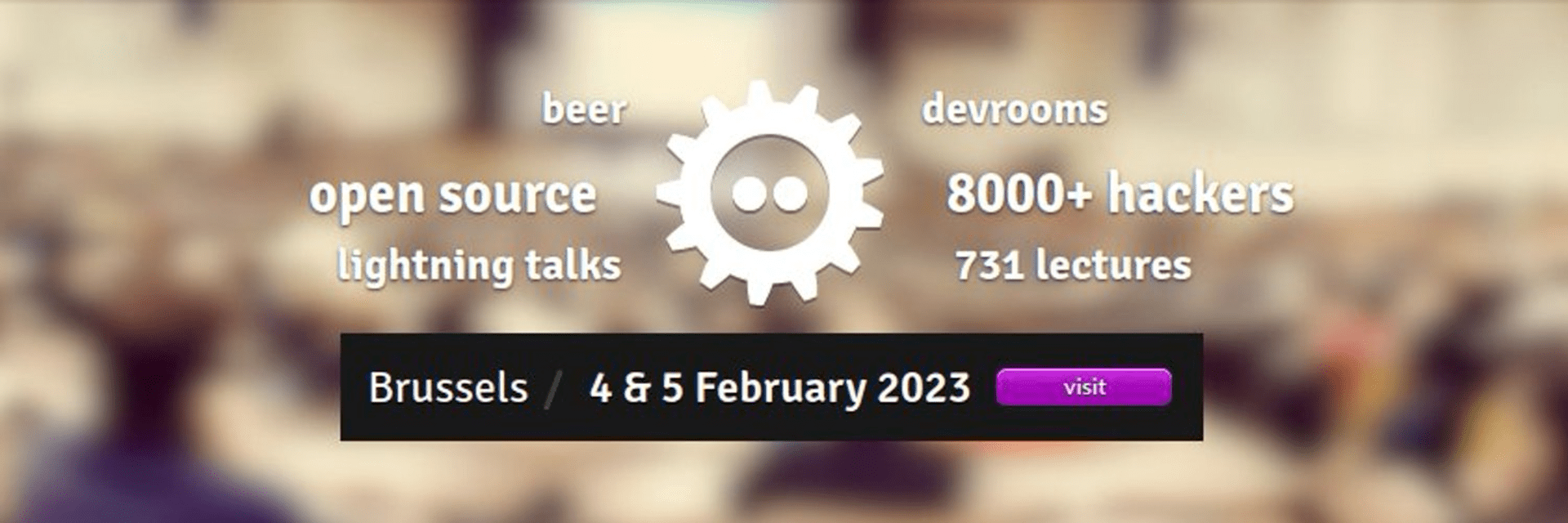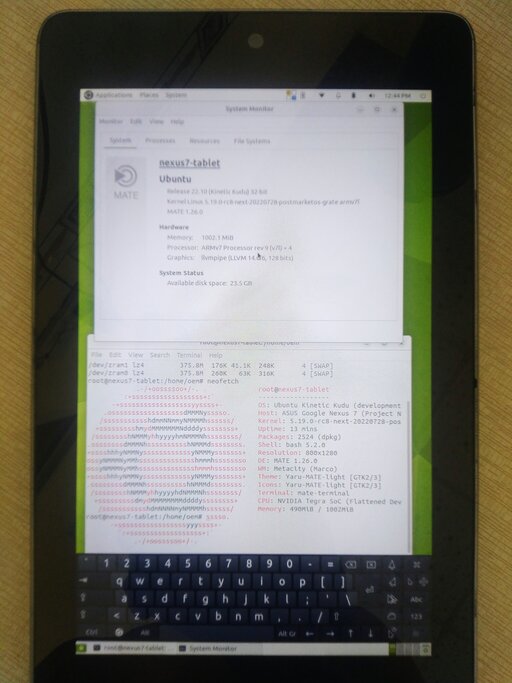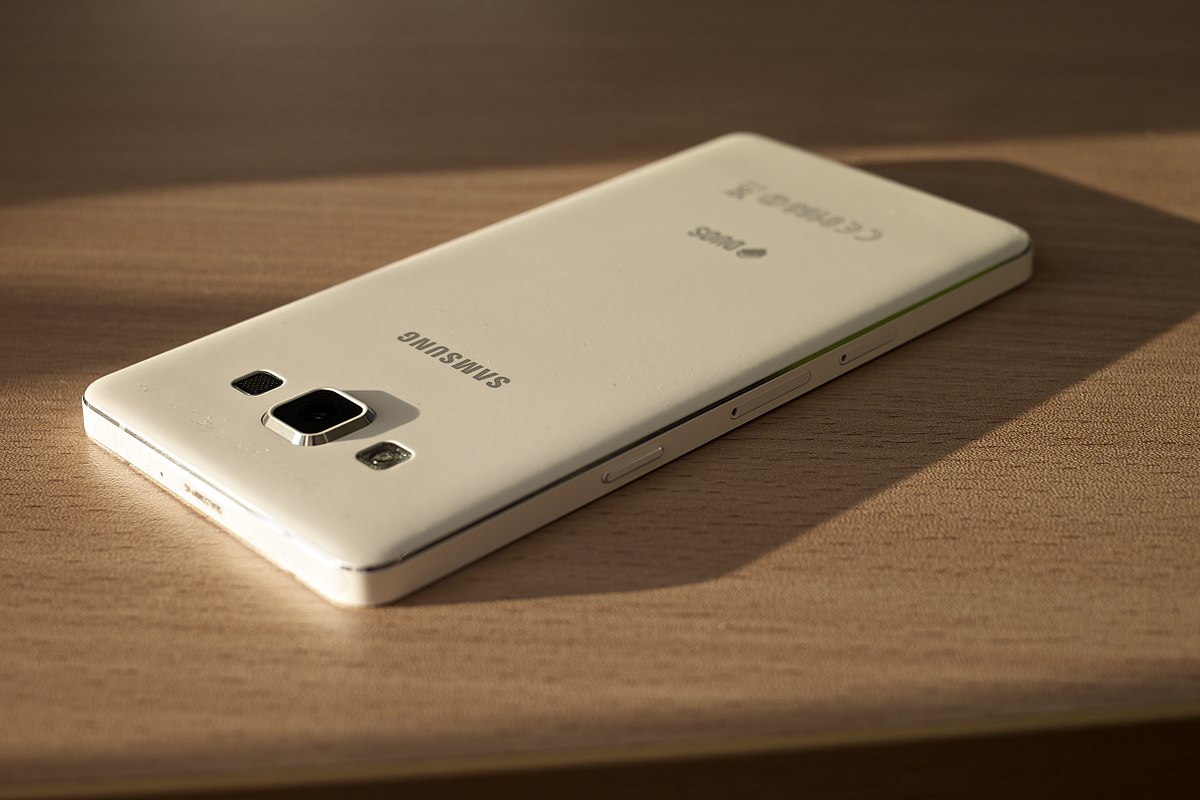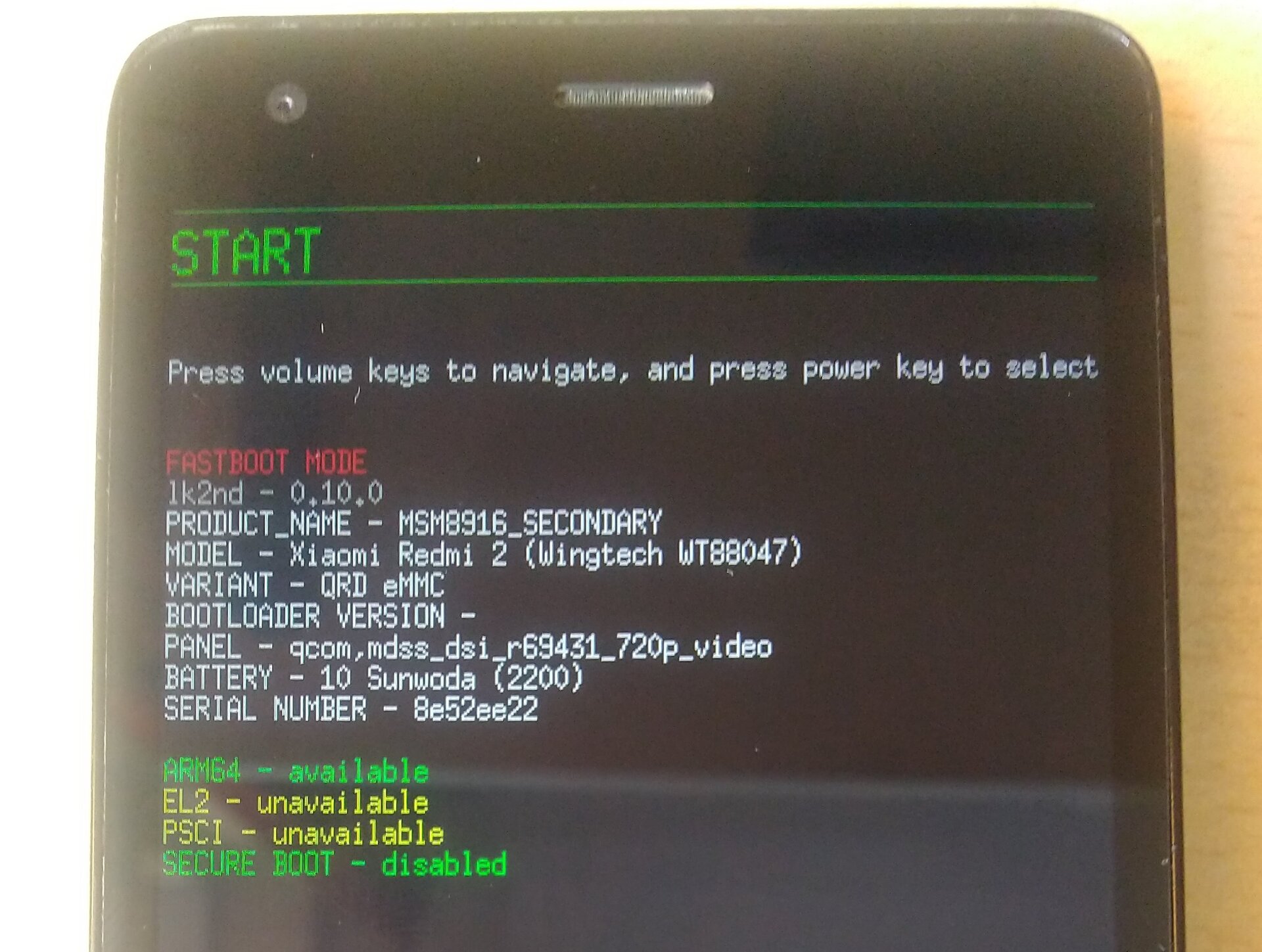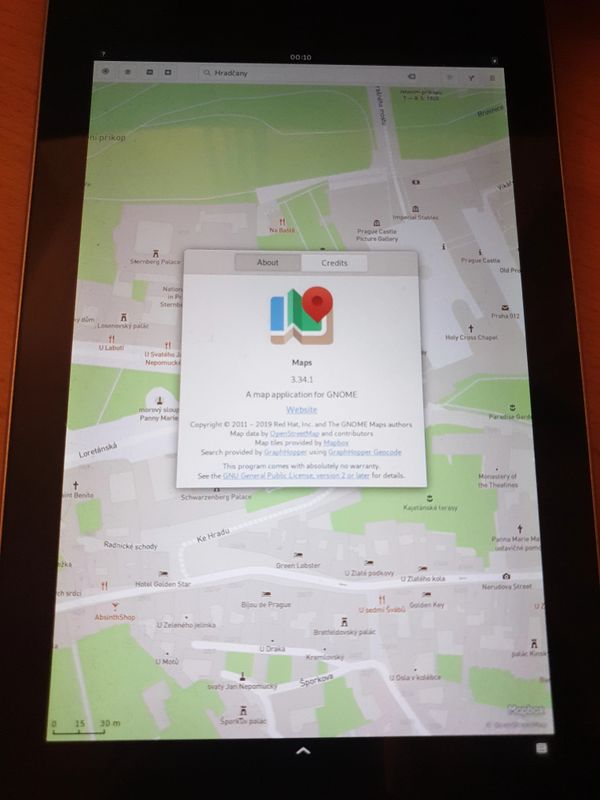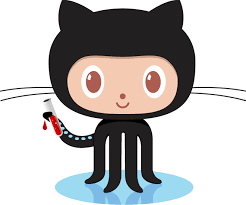If you have armhf or arm64 GNU/Linux available, it’s quite easy, if you don’t have to install more binfmt and dependent packages.
You can use directory to create rootfs and then compress tar.gz or use loop to create image and install rootfs in image. This article shows you how to use loop quickly.
...
# sudo apt update
# sudo apt upgrade
# sudo apt install binfmt loop gparted debootstrap
# if dd=/dev/zero of=/path/to/image bs=512 count=1
# sudo modprobe loop
# sudo losetup -f
loop0
# sudo losetup /dev/loop0 /path/to/image
# sudo partprobe /dev/loop0
# sudo garted /dev/loop0
Create pmOS_boot (flags boot) and pmOS_root partition
# sudo mount -t ext2 -o loop /dev/loop0p1 /media/boot
Copy /boot to pmOS_boot
Now we debootstrap rootfs to pmOS_root
# sudo mount -t ext4 -o loop /dev/loop0p2 /media/rootfs
Ubuntu Lunar Lobster and others
# debootstrap lunar /media/rootfs http://ports.ubuntu.com
Debian Bookworm and others
# debootstrap bookworm $D http://ftp.debian.org/debian
After debootstrap, we chroot to update and upgrade
# mount -t proc none $D/proc
# mount -o bind /sys $D/sys
# mount -o bind /dev $D/dev
# mount -o bind /dev/pts $D/dev/pts
# nano $D/etc/apt/sources.list
Ubuntu: with [distro-version] such as: jammy, kinetic, lunar
deb http://ports.ubuntu.com/ubuntu-ports/ [distro-version] main restricted universe multiverse
# deb-src http://ports.ubuntu.com/ubuntu-ports/ [distro-version] main restricted universe multiverse
deb http://ports.ubuntu.com/ubuntu-ports/ [distro-version]-updates main restricted universe multiverse
# deb-src http://ports.ubuntu.com/ubuntu-ports/ [distro-version]-updates main restricted universe multiverse
deb http://ports.ubuntu.com/ubuntu-ports/ [distro-version]-backports main restricted universe multiverse
# deb-src http://ports.ubuntu.com/ubuntu-ports/ [distro-version]-backports main restricted universe multiverse
deb http://ports.ubuntu.com/ubuntu-ports/ [distro-version]-security main restricted universe multiverse
# deb-src http://ports.ubuntu.com/ubuntu-ports/ [distro-version]-security main restricted universe multiverse
Debian:
deb http://deb.debian.org/debian bookworm main contrib non-free
deb http://security.debian.org/debian-security bookworm-security main contrib non-free
deb http://deb.debian.org/debian bookworm-backports main contrib non-free
deb http://deb.debian.org/debian bookworm-updates main contrib non-free
# chroot /media/rootfs
# apt update
# apt upgrade
Ubuntu:
# apt -y install ubuntu-standard initramfs-tools language-pack-en
Debian:
# apt -y install locales initramfs-tools
# tasksel install standard
# tasksel --list-tasks
# dpkg-reconfigure tzdata
# dpkg-reconfigure locales
en_US.UTF-8
# apt install suckless-tools dmenu term lightdm lightdm-settings onboard iwd nano htop neofetch blueman iio-sensors-proxy alsa-utils xfonts-base xfonts-75dpi xfonts-100dpi xfonts-cyrillic
# sudo nano $D/etc/fstab
LABEL=pmOS_root / ext4 defaults,noatime 0 0
LABEL=pmOS_boot /boot ext2 defaults 0 1
tmpfs /tmp tmpfs defaults,noatime,mode=1777 0 0
tmpfs /var/tmp tmpfs defaults,noatime,mode=1777 0 0
# tmpfs /var/spool tmpfs defaults,noatime,mode=1777 0 0
tmpfs /var/log tmpfs defaults,noatime,mode=0755 0 0
# nano $D/etc/environment
MOZ_USE_XINPUT2=1
MOZ_X11_EGL=1
Create oem user and password
# useradd -mG sudo <username>
# passwd <username>
New passwd: <password>
# usermod -a -G adm,dialout,cdrom,audio,video,plugdev,dip,root,input <username>
Copy kernel folder to /media/rootfs
# cp -r /etc/* /media/rootfs/etc/
# cp -r /lib/* /media/rootfs/lib/
# cp -r /usr/* /media/rootfs/usr/
# cp -r /var/* /media/rootfs/var/
# umount /media/rootfs/proc
# umount /media/rootfs/sys
# umount /media/rootfs/dev/pts
# umount /media/rootfs/dev/
# umount /media/rootfs/
...
We had image including /boot and /rootfs partition now. We can push image to device and fastboot flash boot.img to boot partition. Restart to testing
That’s all steps…
